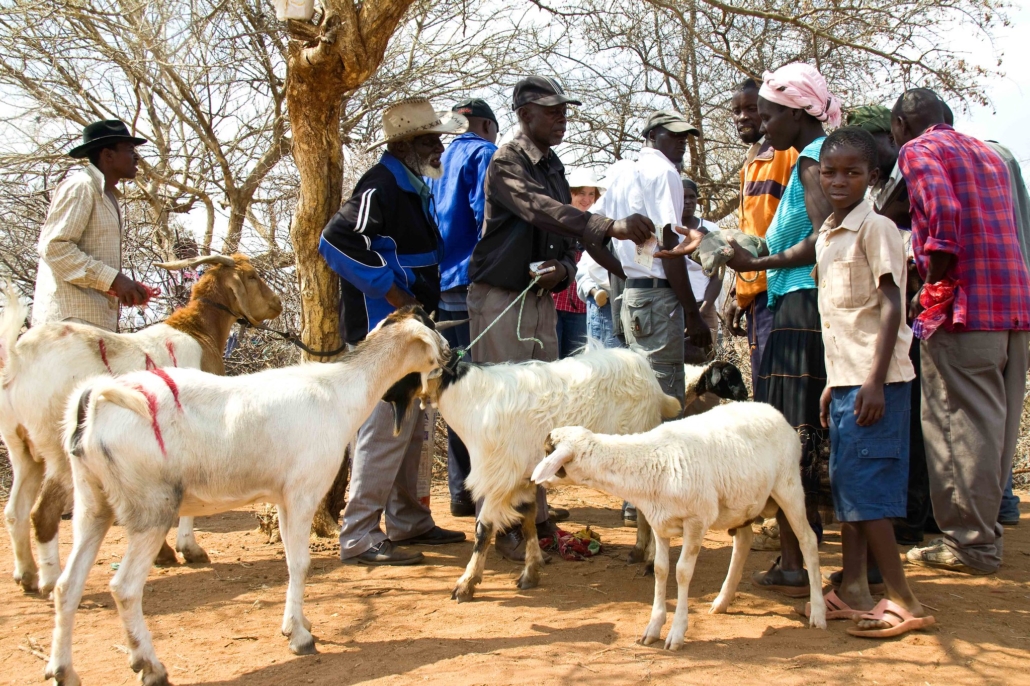About Zimbabwe Since Mugabe

Zimbabwe, officially the Republic of Zimbabwe and formerly recognized as Rhodesia. Zimbabwe is a landlocked nation in southern Africa bordering South Africa to its south and Zambia to its north. The nation gained independence in 1980 after a long period of colonial rule. Similarly to South Africa, Zimbabwe suffered a period of white-dominated rule in which the country suffered severe human rights violations, especially to the majority black population.
One of the longest-sitting leaders in modern times, some considered Robert Mugabe to be a revolutionary hero. Having led the Zimbabwe African National Union-Patriotic Front (ZANU – PF) and ousted the minority white government of Zimbabwe, Mugabe became the leader of the nation. Serving as President from 1987 to 2017. At first, many in Zimbabwe may have felt optimistic about Zimbabwe’s future, but after 30 years of economic stagnation and rampant hyperinflation, a military coup ultimately ousted President Mugabe. His dismal leadership of Zimbabwe’s economy and reports of many human rights violations are the main reasons for his departure. Here is some information about Zimbabwe since Mugabe.
The Economy
Unfortunately for President Mnangagwa, his predecessor left Zimbabwe in economic peril. With Mugabe gone, there was much elation at the prospect of a new leader in Zimbabwe, with many finally believing that the worst may be behind them. Mnangagwa promised the people of Zimbabwe economic prosperity and more democracy. The President stated at ZANU – PF headquarters that “No one is more important than the other. We are all Zimbabweans. We want to grow our economy. We want jobs.”
However, economic prosperity has yet to come, with some in the nation believing that Zimbabwe since Mugabe has actually worsened. Zimbabwe’s inflation problem seems to have continued under the new leadership, having a 557.2% inflation rate in 2020. However, 2021 saw a 458.66% decline in inflation to 98.55%.
The problem with hyperinflation is that the Zimbabwean dollar is effectively worthless, making it very hard for the economy to grow as foreign imports will simply be far too expensive. Many in Zimbabwe prefer using the U.S. dollar, whereas the South African Rand is the most common. However, the GDP per Capita in Zimbabwe was $1,774 in 2021, a 29.23% increase from 2020.
Poverty in Zimbabwe requires attention. The poverty rate in Zimbabwe was 85% in 2019, a 0.9% increase from 2017, the year Mugabe left the presidency.
Indicating that in the nearly six years since Mugabe, the government has been unable to make any significant change to poverty in the nation. Alongside a disturbingly high poverty rate, the country has an estimated 90% of the citizens either unemployed or work informally to make a living.
Human Rights
Perhaps unsurprisingly, with Mnangagwa being a member and leader of the ZANU – PF party, the same party as former President Mugabe and the only party in power since the ending of the white minority rule in Zimbabwe, human rights in Zimbabwe continue to be an issue in the nation.
Mnangagwa promised change in Zimbabwe, however, according to Human Rights Watch (HRW) the situation continued to decline in 2020 under President Mnangagwa. According to HRW, more than 70 critics of the government were abducted and tortured in 2020. The HRW stated that “Security forces also continued to commit arbitrary arrests, violent assaults, abductions, torture and other abuses’ against anyone critical of the government.”
With Human Rights violations such as these, it is fair to suggest that not much has changed in Zimbabwe since Mugabe. As ex-President Mugabe received criticism for corruption and silencing of critics.
Government Reaction to Human Rights
Under the leadership of Mnangagwa, Zimbabwe only repealed one law from the Mugabe era. Critics have suggested the government’s slow implementation of its commitment to political reform shows its lack of interest to re-engage with the international community. Instead, the party with a stranglehold of the politics in the nation would rather pursue the continuation of power in Zimbabwe. Al Jazeera spoke to a Zimbabwean citizen who said that “Under Mugabe, things were getting bad. It’s the same group of people (in power) essentially.”
The government however refutes this, suggesting that Mnangagwa has managed to stabilize the currency and committed to opening up the country for business. While the future certainly looks dim for Zimbabwe since Mugabe, there are some glimmers of hope. Zimbabwe actually has the second-largest platinum deposit in the world. The nation also has a significant amount of gold with more than 4,000 recorded gold deposits found so far in Zimbabwe. While the country’s mining sector in the Great Dyke has been inefficient up until now, the government aims to grow its platinum exports considerably.
Looking Ahead
The potential of Zimbabwe’s mining sector could be huge, generating more revenue, creating new foreign investment opportunities and long-lasting well-paid jobs for Zimbabwean citizens. If done correctly, the government in Zimbabwe may be able to significantly reduce severe levels of unemployment and rampant poverty.
– Josef Whitehead
Photo: Flickr
